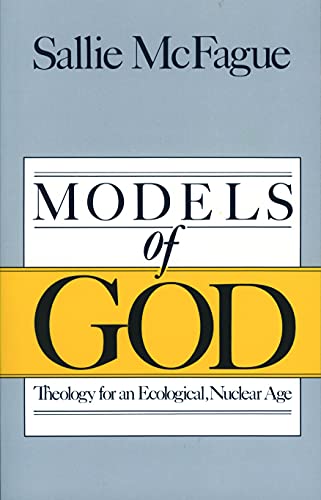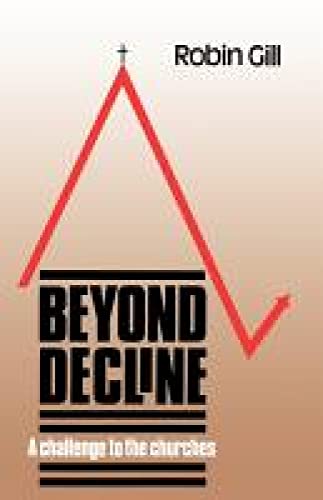A Reader in African Christian Theology
Written by John Parratt Reviewed By Gordon MolyneuxThe last 30 years have seen a proliferation of articles and books relating to ‘African Christian Theology’ by both African and non-African authors; the majority of the material is scattered in a wide variety of journals. In the present book, Parratt (Professor and Head of the Department of Theology and Religious Studies at the University of Botswana), has done students of the subject the service of bringing together, in a single volume, a selection of a dozen essays by some of Africa’s leading theologians.
The readership the author has in mind is theological seminary students in the Third World, but they will not be the only ones to benefit. The book will not add much to those who have a specialist knowledge of the field, but it will prove invaluable as an introduction to the broad scope of theology done by Africans and with Africa in mind.
Most of the names will be well known to those interested in the subject. Some pioneer authors, like Mbiti and Mulago, are conspicuous by their absence, but it is to the credit of Parratt that he has chosen to include two lesser-known authors like Marc Ntetem (Cameroun) and Ade Aina (from the Aladura Church in Nigeria). Parratt has clearly tried to be representative of his choice of contributors: if English-speaking authors outnumber their French-speaking counterparts by three to one, the contributors nevertheless represent fairly evenly West, Central, East and Southern Africa, and denominations ranging from Roman Catholic through to the African Independent Churches.
The main body of the book is divided into three parts, with four essays apiece. The first section explores the methodology advocated by African theologians. John Pobee wisely warns against facile generalizations about ‘African’ thought and practice in a continent of great complexity and diversity. Sawyerr and Tshibangu in their respective articles argue insisting that there cannot be a meaningful interaction of the biblical message and African culture without a thorough investigation of both, and it is this taking seriously of the African world which is perhaps the most distinctive aspect of so-called ‘African theology’. Tutu’s article (perhaps oddly placed in this section?) distinguishes between African Theology and Black Theology, but concludes that the latter belongs to the former as a smaller of two concentric circles.
The second section shows how four African theologians have sought to understand or reinterpret such central Christian doctrines as God, christology, the cross, and salvation, in the light of traditional African concepts. While Nyamiti seeks to discern between positive and negative aspects of traditional religious understanding, Appiah-Kubi’s article is a robust endorsement of an African reinterpretation of such christological terms as ‘Mediator’ and ‘Saviour’, frankly insisting that any idea of mediator as one who removes barriers of sin and guilt makes no sense to the African. The section as a whole rightly insists that the gospel must be made intelligible to the African, relating to his real world, but it also invites such crucial questions as: Does traditional African (or indeed, any other) religious culture constitute part of God’s general revelation to mankind? The answer to that question will help decide to what extent and in what way religious tradition can be considered a ‘source’ of theology.
The final section relates to the task of the church in the (African) world. Such issues as initiation and healing are dealt with here. Nyerere challenges the church to throw itself into the struggle against poverty and oppression. Boesak produces a penetrating critique of Cone’s dangerously simplistic understanding of Black Theology, while nevertheless insisting that liberation is central to an understanding of the message of the gospel. No fewer than three of the twelve articles address the South African situation, and would strictly belong to the realm of so-called Black Theology. Increasingly, with the cross-fertilization of writing and conferences, the two ‘theologies’ are being seen together.
Each chapter concludes with study suggestions. Words and meanings are explored, and there are questions (some of them excellent) designed to promote discussion and reflection. Parratt seeks, by means of an introduction and conclusion, to provide the reader with additional understanding of what is a very wide and disparate subject. In his conclusion the author touches briefly on the great importance of ‘oral theology’ in Africa, i.e. the unwritten sermons, songs and prayers which are also part of the whole theological scene. A glossary of terms deemed by the author to be obscure or difficult is provided at the end of the book, which finishes with an index.
There is much in this book which African theological students will welcome as needing to be said. But there is also much in the twelve articles with which the evangelical student will be unhappy. However, Parratt states at the beginning of the book that the readings are designed ‘not only to provide an introduction to the ideas of leading theologians on the African continent today, but also to stimulate original thought, as readers address themselves to the issues raised in the papers’. It may well be in this latter dimension that the book will be of greatest usefulness. The fact that any evangelical voice is lacking among the twelve contributors is perhaps an eloquent—evidence that evangelicals in Africa have been reluctant to be at the cutting edge of original theological reflection, contenting themselves rather to accept passively what others (in the West) have concluded, thereby leaving certain crucial issues in the African world unexposed to the gospel and to biblical thinking. The excellent study questions which Parratt provides may well help to stimulate discerning, penetrating reflection both about the African world and about the Word of God, and how the two should interact.
Gordon Molyneux
All Nations Christian College, Ware







